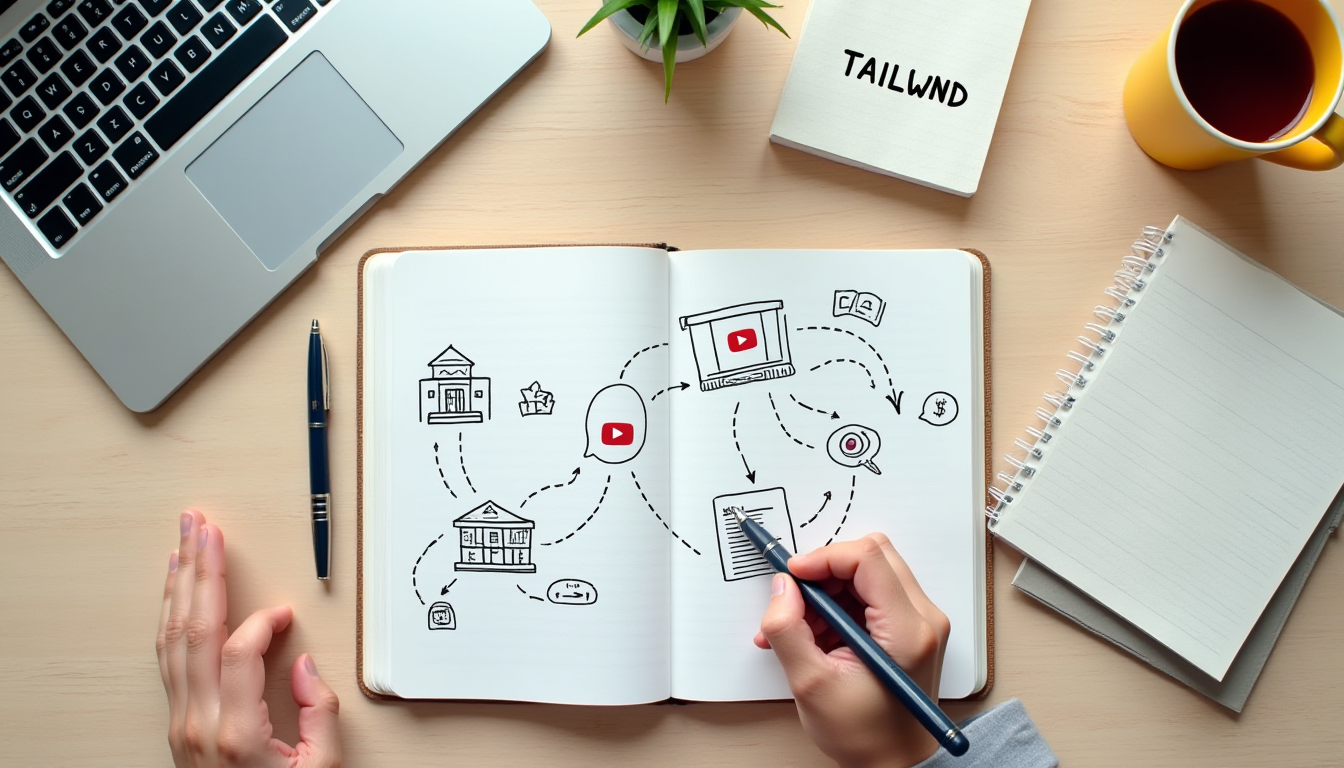Beyond Rote: Unlocking Deeper Learning with "Why?" (The Power of Elaborative Interrogation)

Ever felt like you're just memorizing facts without really understanding them? You read a textbook, highlight some sentences, maybe even make flashcards, but when it comes to truly explaining why something is the way it is, you draw a blank. If this sounds familiar, then it's time you met a powerful learning technique from the world of learning science: Elaborative Interrogation.
Don't let the fancy name scare you! At its heart, elaborative interrogation is incredibly simple, yet remarkably effective. It's all about asking "why?" and finding the answers.
What exactly is Elaborative Interrogation?
It's a learning strategy where you ask yourself "why" a fact or concept is true, and then you try to explain the answer. You're not just repeating the information; you're actively trying to understand the underlying reasons, connections, and relationships.
Let's say you're learning that "photosynthesis occurs in plant leaves." Instead of just memorizing that, you'd ask:
- "Why does photosynthesis occur in plant leaves?"
- "Why not in the roots or the stem?"
- "Why do plants need photosynthesis?"
And then you'd try to explain the answers to yourself, using your existing knowledge or looking up new information to fill the gaps.
So, what are the big benefits of this simple "why" technique, according to learning science?
- Deeper Understanding, Not Just Surface Knowledge: This is the cornerstone benefit. When you ask "why," you're forced to move beyond simply recalling information. You start thinking about the meaning of the facts. Research, like studies by Pressley and others, consistently shows that elaborative interrogation helps learners construct more meaningful connections between new information and what they already know. This leads to a richer, more integrated understanding of the material, rather than just a collection of isolated facts.
- Stronger Memory and Retention: When you truly understand something, you're much less likely to forget it. Elaborative interrogation helps embed information more firmly in your long-term memory. By actively explaining "why," you create multiple pathways to the information in your brain. This makes it easier to retrieve that information later, even after a long time. It's like building a strong, interconnected web of knowledge instead of just scattering loose threads.
- Improved Ability to Transfer Knowledge: One of the biggest challenges in learning is taking what you've learned in one situation and applying it to a new, different situation. Elaborative interrogation excels here. Because you've focused on the reasons and underlying principles behind facts, you're better equipped to apply those principles to new problems or scenarios. You're not just remembering an answer; you're understanding the mechanics behind it, which makes it transferable.
- Boosts Critical Thinking Skills: Constantly asking "why" trains your brain to be more inquisitive and analytical. It encourages you to evaluate information, identify gaps in your understanding, and seek deeper explanations. This active questioning cultivates crucial critical thinking skills that are valuable far beyond the classroom – in problem-solving, decision-making, and navigating complex information in daily life.
- Makes Learning More Active and Engaging: Let's face it, passively reading can be boring. Elaborative interrogation turns learning into an active mental exercise. It requires you to engage with the material, think deeply, and process information in a more meaningful way. This active engagement can make learning feel less like a chore and more like an interesting puzzle to solve.
How to use Elaborative Interrogation in your studies:
- When you encounter a fact or statement: Don't just read it. Ask yourself, "Why is this true?" or "Why does this happen?"
- Generate an explanation: Try to answer your "why" question using your existing knowledge.
- If you don't know the answer: Look it up! The act of searching for the explanation itself is part of the learning process.
- Explain it in your own words: Put the explanation in terms you understand.
- Connect to what you already know: How does this new information fit with what you've learned before?
In a world overflowing with information, merely memorizing isn't enough. Learning science points us towards strategies that foster true understanding. Elaborative interrogation, with its simple yet profound emphasis on "why," is a powerful tool to move beyond rote learning and truly unlock the potential of your mind. So, next time you're studying, remember to ask "why?" – your brain will thank you for it!





